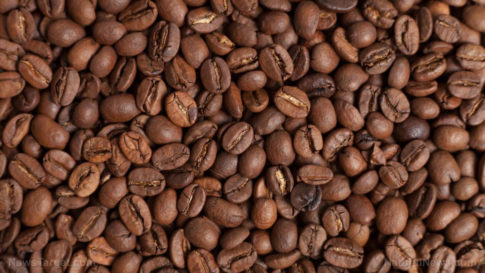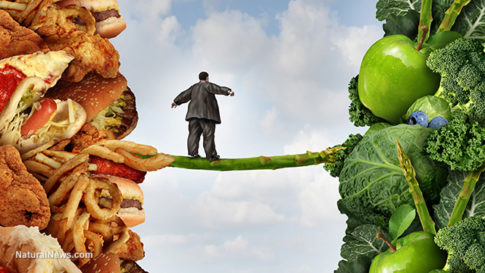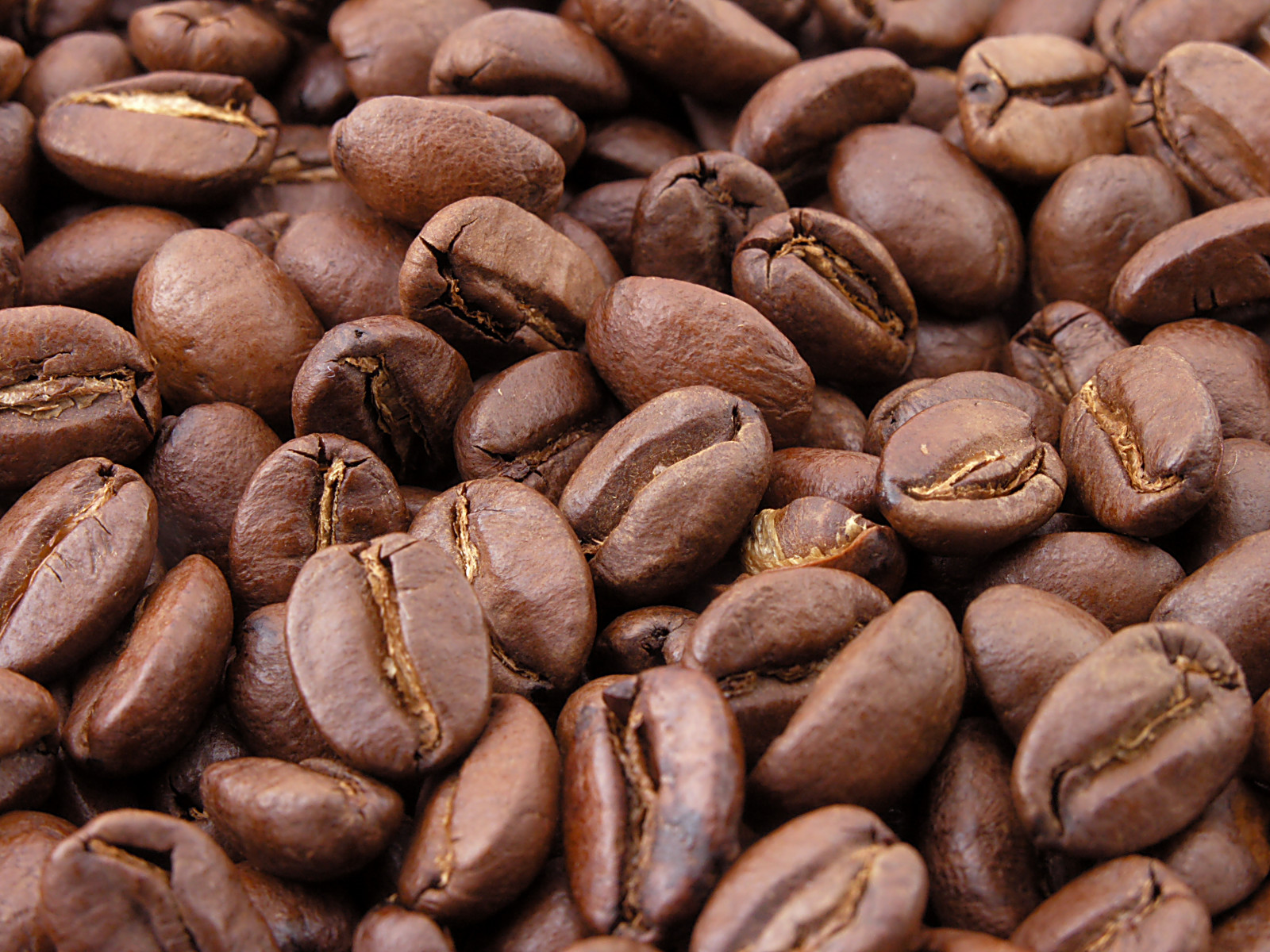See also:
– How To Decrease Radiation Illness And Protect Yourself From Radiation
– Dr. Donald W. Miller, MD: Iodine for Radioactive Fallout
By Dr. Rima Laibow
First, the Trustees of the Natural Solutions Foundation extend their sympathies to all those who have suffered from the effects of the mega-quake, tsunami and radiological disaster in Japan. We have been discussing how we can help you gain some greater understanding with regard to the radiation risks that face much of the planet; we are all truly “downwind” from the drift of modern technological mistakes and limitations (we note, in addition to the tragedy in Japan, the wide-spread “drift” of GMO pollution of the natural genetic properties of life on this planet and the foreseeable world-wide genetic harm engendered by dangerous vaccines; see: ). Below are Research Notes from Dr. Rima and comments about them, as she Skyped them to me earlier today, in between meetings and seeing patients, as the radiological disaster continued to unfold on the world’s media. [rf]
Dr. Rima: “If ever there was a time for life style change, coupled with a demand for clean, unadulterated food and the protection and support of the supplements that you need now and will need for the rest of your life, it is now. And if ever there was a time to call for the total banning of the two most dangerous misapplications of science in human history, GMOs and nuclear power, that time was yesterday. We missed yesterday so today is the time, and tomorrow and all the tomorrows that these disasters still allow us.”UPDATE 03.19.11: “I’ve sourced a good source of natural Iodine (not the phramaceutical form used for prescription purposes) since the disaster in Japan reminds us all how deficient in Iodine the population is; supplementing will benefit your body no matter what happens; product name: Emerald Sea: www.naturalsolutions.myemeraldstore.com .” rel
[12:08:07 PM] Rima Laibow, MD: Radiation detoxification:
Potassium iodide KI or KIO3, Lugol’s solution works. Iodine has low toxicity: most people are iodine deficient so high doses are advised. Just a couple (2 to 4) per day sipped in juice. Foods that may prevent the body from using iodine are: turnip, cabbage, mustard greens, cassava root, soybeans, peanuts, pine nuts and millet. These foods are called goitrogens and excessive consumption can cause goiters so if you are using them temporarily, eat them raw. [Iodine is sold as a dietary supplement, but if sold to protect the thyroid from radioactive iodine emitted by a reactor accident might be considered a “prescription drug” so remember, you are obtaining it to supplement your diet… rf]
[12:09:12 PM] Rima Laibow, MD: Miso soup made BEFORE March 11, 2011 – traditionally used to detox from electromagnetic overdoses.
[12:10:36 PM] Rima Laibow, MD: Sulfur containing, thiol rich compounds like MSM and foods like asparagus.
[12:14:21 PM] Rima Laibow, MD: Alkalinizing diet and agents (sodium bicarbonate away from food, lemon juice in water).
[12:14:27 PM] Rima Laibow, MD: Large amounts of the freshest, purest water you can get; magnetize your water before drinking or bathing!
[12:17:52 PM] Rima Laibow, MD: Minimum radiation doses which damage tissue:
Read moreDr. Rima Laibow Recommends What to Do About Radiation




